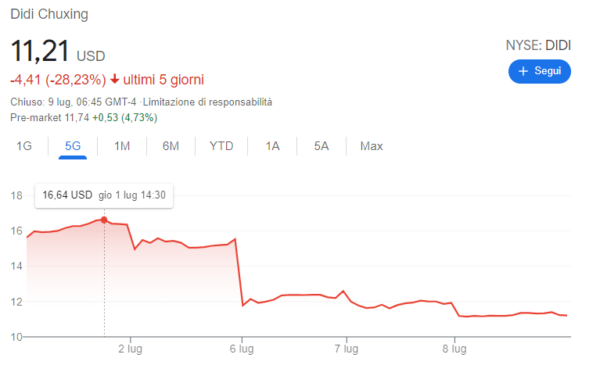

In June 2021, the “worst-case became a reality” for the Education sector. Later banned the company from taking on new customers and ordered mobile stores to remove its apps. Just days after Didi’s (China’s Uber) $4.4-billion initial public offering in the US, Chinese regulators announced they were reviewing the company on “national security grounds”, and started levying various penalties against it. Around $40 billion of its value was wiped out in a fortnight after China’s State Administration for Market Regulation (SAMR) opened an investigation into its “suspected monopolistic practices” and on the announcement of “new worker protection rules”.Ĭhinese Regulators were far from “done”, yet. That’s more than 10 Byju’s, India’s biggest startup, which is valued at $16.5 billion.įood delivery app, Meituan suffered a similar rout in April of this year. Tencent had $170 billion shaved off its value. Pony Ma, the Chairman, and CEO of Tencent, who “obediently” bowed down to the Chinese leadership, has lost even more money than the obstreperous Jack Ma in the recent crackdown. Leaders of top tech companies (also including ByteDance, the company that owns TikTok) were summoned before regulators and presumably berated. The government then embarked on an “antitrust” push, fining Tencent (China’s biggest social media company) and Baidu (one of the top Chinese internet companies) - for various past deals. Barely a day goes by without more news on the widening scope of Beijing’s crackdown on private enterprise.

Since then, Canceled share sales, Ruined business models, Tech moguls brought to heel, became the new normal. The value of Ma’s business empire collapsed. The government levied a multi-billion dollar antitrust fine against Alibaba, deleted its popular web browser from app stores, and Jack Ma, the founder of e-commerce giant Alibaba, went out of the public eye for weeks. So far this year, a record US$12.5 billion by Chinese firms has been raised from 34 US listings, Refinitiv data shows, well up from the US$1.9 billion from 14 deals in the same period a year ago.Įight Chinese companies including home service platform Daojia Ltd and Atour Lifestyle Holdings have made public filings with the Securities and Exchange Commission (SEC) to list in the US later this year, a review of the filings showed.Days before Alibaba’s (which is sometimes compared to Amazon) subsidiary Ant Group was set to raise up to $34 billion in an IPO which would have been the world’s largest public offering, beating the $29.4-billion listing of Saudi Aramco in late 2019, the Chinese government effectively canceled the IPO of Ant Financial. US capital markets have been a lucrative source of funding for Chinese firms in the past decade, especially for technology companies looking to benchmark their valuations against listed peers there and tap an abundant liquidity pool. Morgan Stanley and Bank of America declined to comment, while CICC did not respond to a Reuters request for comment. Morgan Stanley, Bank of America, and China International Capital Corp Ltd (CICC) were the investment banks on the deal. LinkDoc did not immediately respond to a request for comment. The sources declined to be identified as the information has not yet been made public.

The book closed one day earlier than planned on Wednesday, one of the three sources and a separate person said. It had planned to sell 10.8 million shares between US$17.50 and US$19.50 each.


 0 kommentar(er)
0 kommentar(er)
